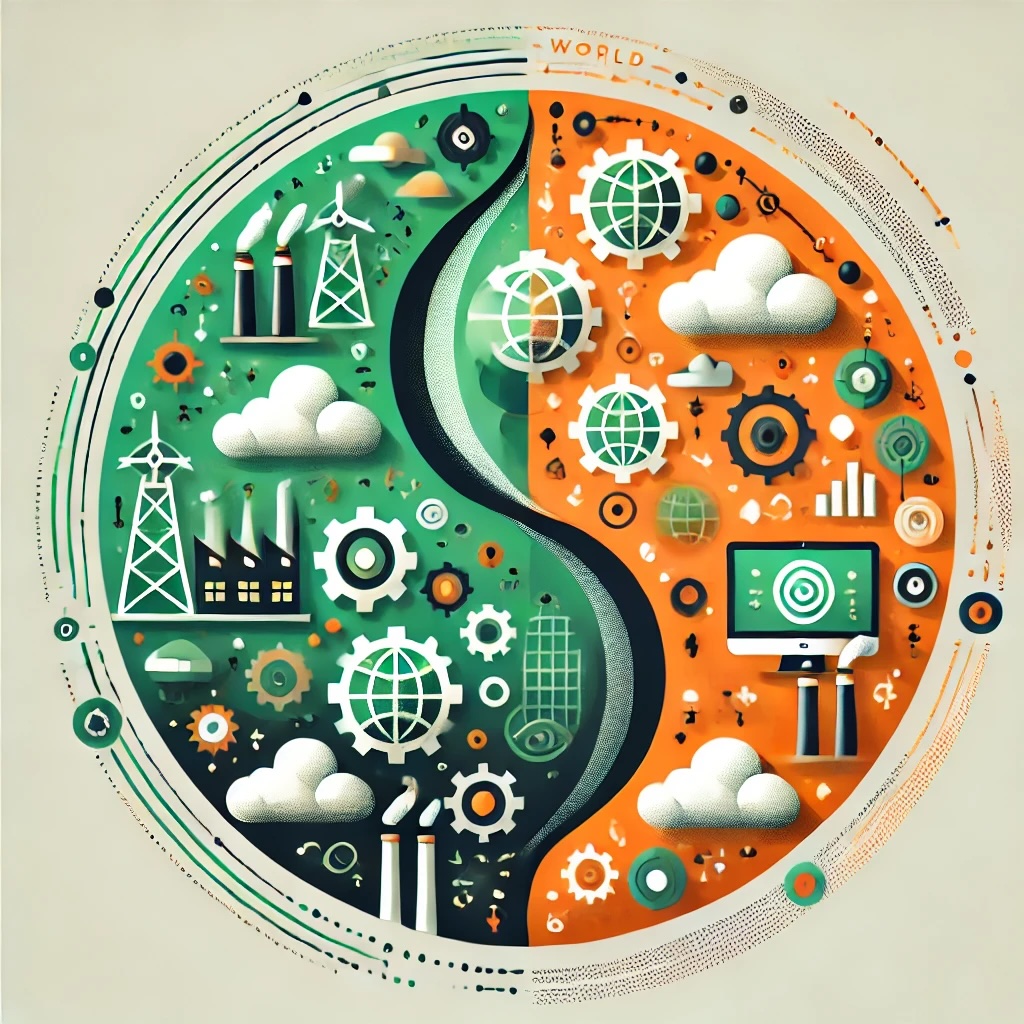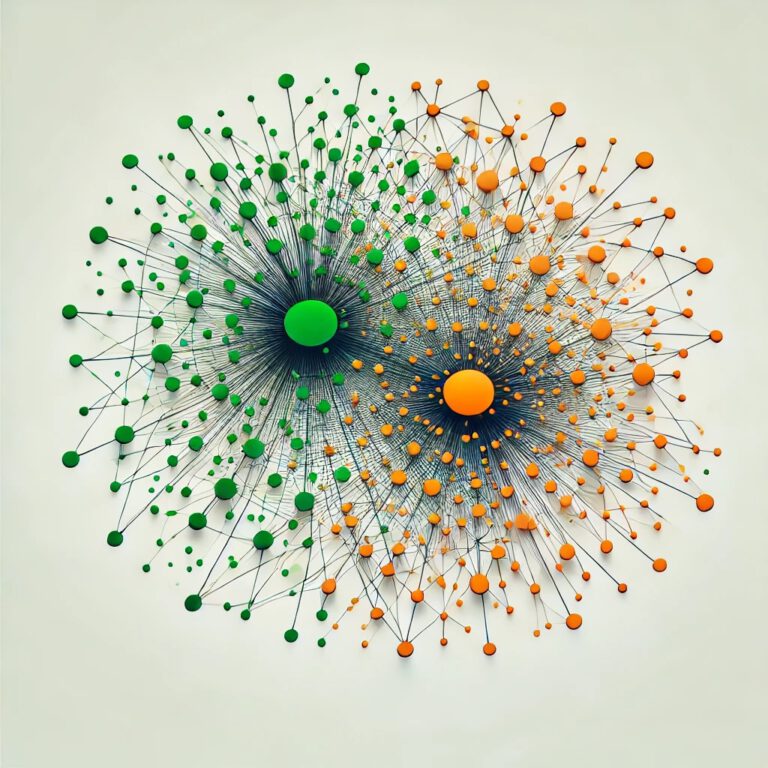|
Democratic Transformative Communication as an Alternative to Discursive Polarization
Disagreement is part of democracy, and in some conflicts, extreme positions may be the most accurate description of reality or the most appropriate solution to a problem. In other words, ideological polarization can be good or bad, depending on the context. Increased aggression toward those who disagree with you (affective polarization) is the more problematic dimension of polarization. However, some anger may be justified, depending on the situation.
Therefore, a normative framework for identifying harmful forms of polarization needs to be developed, based on shared democratic norms, such as human rights. In the context of debates on ecological issues, it seems reasonable to add the value of preserving the environment for future generations around the globe — the basic idea of ecological sustainability.
Drawing on this, we propose Democratic Transformative Communication as an alternative to polarizing debates about ecology. Transformative Communication helps society deal with the immense ecological challenges of our time by providing guidance and critical reflexivity to the process of change. Democratic Transformative Communication encourages a plurality of voices to participate in open debates on how to fight climate change, species extinction, and the destruction of ecosystems.
We propose that societal conflict is inevitable given the unavoidable deep transformations needed to address global environmental crises. Depolarization should not silence radical ideas but encourage reasoning and listening. It might be time to listen to ideas that are radical in the sense of getting to the roots of ecological problems. Encouraging mutual listening and a civil way to deal with differing opinions should be an important task for everyone involved in steering the debates on ecological issues. Transformative Communication may thus be a challenge for journalism, political actors, professional communicators, and researchers of journalism and communication.
Read more on:
This text draws on the following conference presentation:
Brüggemann, M., v. Eck, C., Breithaupt, F., Gelovani, S., Meyer, H., Muddiman, A., Pröschel, L., & Wessler, H. (2023, September 23). Normative reflection: Which kind of depolarization of public debates is desirable? [Conference paper] 10th ECREA Conference, Ljubljana.
An opportunity to further discuss how communication scholarship can be more transformative will be at the DGPUK 2025 conference:
Brüggemann, M., Kannengießer, S., & Weder, F. (2025, May). Towards Transformative Communication: Which kind of depolarization is desirable? [Workshop]. DGPuK-Jahrestagung 2025, Berlin.



